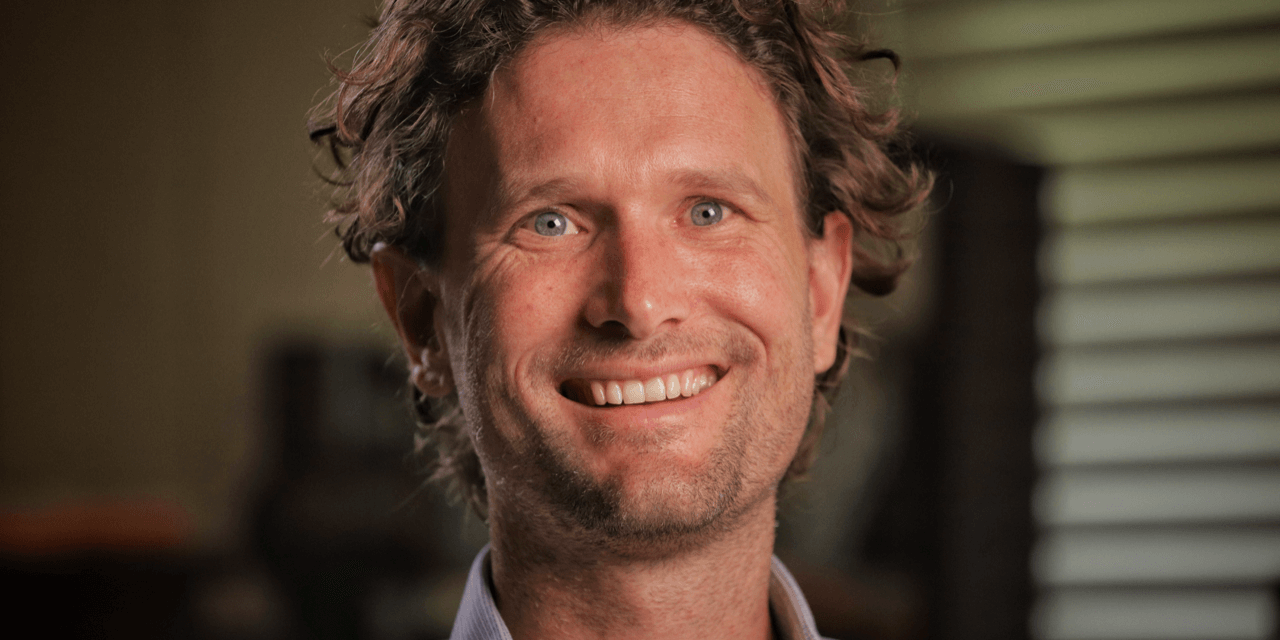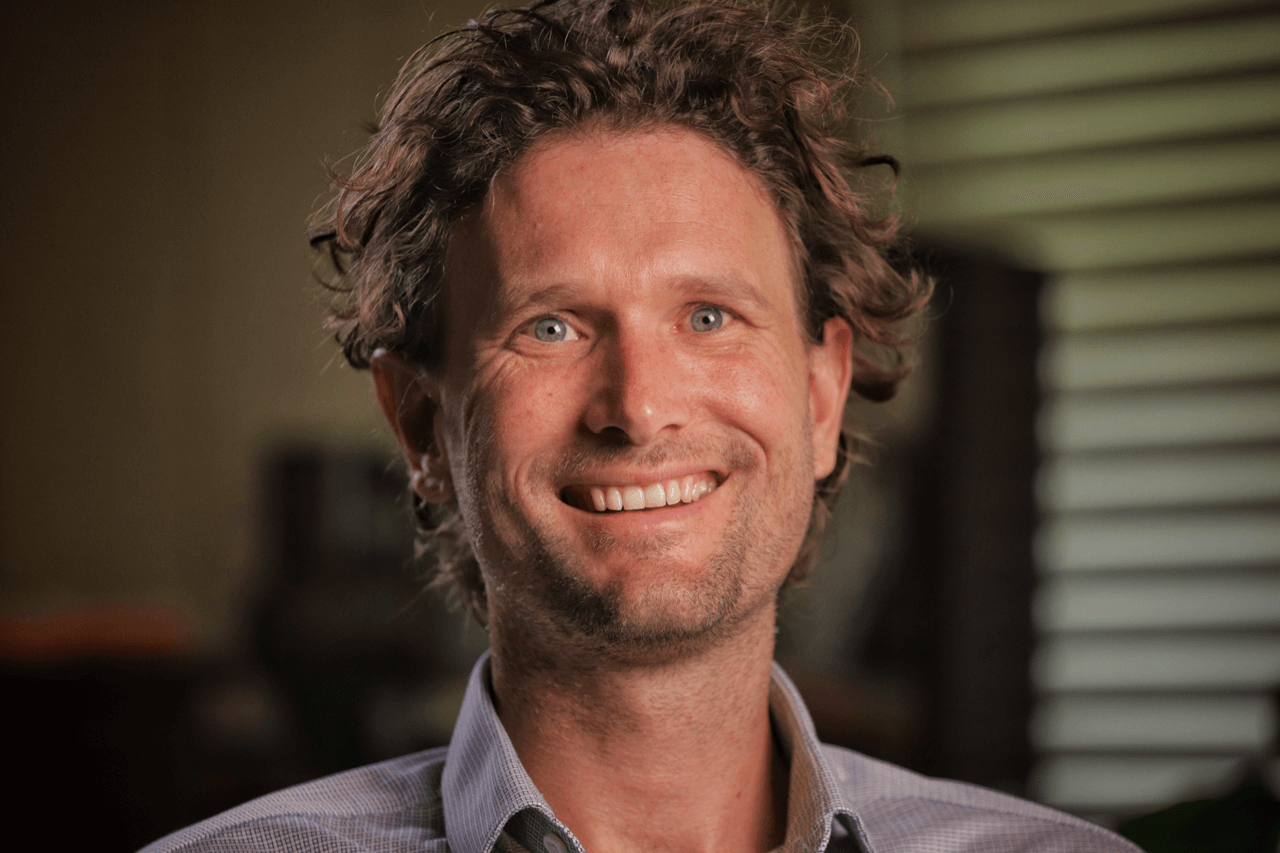Cameron Murray lives in Brisbane and is the Chief Economist at the Fresh Economic Thinking, a one-man member supported think tank.
Paul Frijters is Visiting Professor of Wellbeing Economics at the LSE and Professor at MBS College in Saudi Arabia.
The focus of the book is an artificial contest between “James” who have all the luck, and “Sams” who get what they are given.
The book grew out of Cameron’s PhD thesis “When Reciprocity becomes Backscratching: An Economic Enquiry” which looked closely at rezoning decisions in Australia, and political donations in a number of countries and the benefits of relationships, or, in the absence, the use of professional lobbyists. Paul was Cameron’s supervisor, hence the joint publication.
The zoning of land in Queensland and most other states differs from that in the Australian Capital Territory, so the book provides a rare insight into what else might be possible in Australia. In Queensland, land owners or developers (James) receive the full benefit from a change of land use decision. In the ACT, the benefits are shared with the public (Sams) through the government. The authors argue Australia’s housing problem is directly caused by the states’ land ownership method. They estimate that the states forego $18 billion of revenue which, instead, goes to property developers.
Infrastructure project selection is no longer made in the public interest. The authors aver that Private Public Partnerships (PPPs) in Australia are being managed to socialise any losses and capitalise any gains. The governments are, in fact, guaranteeing private sector corporation involvement. This, and the way the private sector is selecting projects, decreases the costs to private sector providers, transferring funds to the James, while increasing the cost of projects to the public – the Sams. Once upon a time, the state Treasuries managed this process carefully. If the authors are to be believed, and their argument is based on research, it seems strange that they are no longer able to stem the tide of funds flowing from the public to the private sector.
Subsidies are now called “equity injections”. Projections are not realistic, and apparently, not being tested by the public sector institutions. Remember the Brisbane Airport Link tollroad project that sent BrisConnections broke and almost bankrupted Arup? If I am reading the book properly, the authors are arguing that Infrastructure Australia has been captured by James. Infrastructure planning is a lonely job. It’s understandable that those few who apply themselves to the task, on our behalf, would feel at home with others who manage large infrastructure projects. This tension between the public and private sector has existed for centuries. What is new is the encroachment of private sector influence, that of the James, in what once were purely, and still are, public sector responsibilities. When private gain to the James crowds out public service to the Sams, that’s us, things go awry.
The authors identify Grey Gifts, which, like PPP projects, exist in the world outside of the formal appropriation processes of Parliament. Hence, they disrupt the formal machinery of government hard won through centuries of private sector arguing for rights against a monarch mismanaging resources. The worm seems to have turned. Now we have a society, assuming there is still such a thing, and I’d argue West End and surrounding suburbs form a social group in which both James and Sams coexist, that distributes public funds to private beneficiaries in a way public beneficiaries (remember the pittances involved in RoboDebt?) could only dream of.
Nothing to do with you? Think again. Superannuation also comes under their microscope. Check your super. Don’t assume your fund is working in your interests. Overheads aren’t declared, with most super reports showing returns after fees. Go further into the super funds details, and ask for gross, rather than net growth. Get the full fees charged. You may be disturbed. In which case, reading this book will pay off handsomely. They argue that Australian Superannuation Funds charge the highest fees in the world, unnecessarily. And unions and financial sector corporations are transferring funds from the Sams to themselves, the James.
Is this game of mates purely political? No. The less the population is paying attention, the more the James can get away with. John Howard’s relaxed and comfortable was designed to lull you into a sense of distraction. And, if this book is right, it has succeeded, with billions of public money being regularly transferred into private hands.
And politicians and political parties? Given the lack of public support for reform, politicians are not likely to risk equalising the relationships. Do you remember the public’s protection of franking credits, that few received or understood? And the James are HIGHLY motivated to protect their benefits. The authors argue that all political parties are captured by James, so don’t look there for a solution.
The losses to the Sams add up. 1% of $3 trillion of super funds, $18 billion transfer from rezoning of land, $17 billion a year lost to miners when Kevin Rudd’s attempt to introduce a resources tax was not supported.
We, the general public, don’t know what’s going on. Although we feel something isn’t right, we don’t protect our own interests. The shift of funds from the public, the Sams, to the James is HUGE. Cost of living relief anyone? This book is a good place to start.
The Banking Royal Commission reported and made recommendations. Where are the journalists ensuring the recommendations are implemented? Indeed, my experience is that very few recommendations of any public enquiry are ever implemented. Why? Because recommendations for change assume that the people doing the work, the same people tasked with implementing the changes, aren’t doing a good job. And all of us, James and Sams alike, want to be known as doing a good job.
It takes very careful and skilled management to move an institution or corporation from one state to another, and to bring all staff and customers or the public, along, leaving no one behind. And one thing Australia is NOT good at, is management. The Culture Group shows Australia has a short-term orientation, is indulgent, and highly individualistic. The Committee for Economic Development of Australia (CEDA) had Australia ranked 61st out of 63 countries for entrepreneurship.
The myths we imbue aren’t always supported by education. Our self-image isn’t always accurate. We can’t rely on the media to reflect back to us an accurate picture. The authors found that fifty five percent of media stories were based solely on press releases of government departments, corporations’ public affairs departments etc. Let that sink in.
“We don’t know who we are, and we don’t care”, seems to be the message of this book. It even explains how we let the “good” words describing the world we want, such as “sustainable”, “green” be co-opted and bastardised without comment. Our own language is being used to blind us to facts. Orwell told us this in the 1940s. One illustration of this, not cited in the book, but on my feed, is when Raytheon, the missiles and defense corporation, tweeted on 7 July 2021 that its “environment-friendly upgrades make the Z-band radar more #sustainable and reliable”. Be aghast!
There are some things in the book that will drive a reader mad. It confuses tax avoidance and tax evasion. It doesn’t address the role of professionals and their professional bodies in maintaining this disparity. It doesn’t examine the role of formal institutions of state, like Treasuries, Auditors General and other central agencies as well as Parliament and its committees, in redressing the imbalance. It really doesn’t address the reality of running a country, with a limited pool of people prepared to commit their lives to the job, while the others are willing to give them some slack so they don’t have to think about it. Its recommendations are quite weak, for example, citizens’ juries to appoint senior public servants.
While it asks the very sensible question, “why aren’t kids taught how to manage money in schools”, it doesn’t address the problem of school teachers not having these skills so they can teach. And, like Orwell said, parents often don’t want their children to learn something they don’t understand. But, as they say, you have to start somewhere. Some editing is still required. A stricter edit would have resolved some of the fuzzy thinking remaining in the book.
There is much good in this book. I’d be surprised if, once you read it, you don’t get interested in the fees your super fund charges. And I expect you’ll develop a real interest in the independence of the public service, before the memory of it fades with the passing of the boomers. IF you get some mates together to discuss this book and to learn more about how your lives could be better if funds were spread more equitably, then it has done its job.
Highly recommended.
Kerry McGovern
*Murray, Cameron K. & Paul Frijters “Rigged: How Networks of Powerful Mates Rip Off Everyday Australians, Allen & Unwin, Sydney, 2022, is a professionally published version of “The Game of Mates”, self-published by the authors in 2017.




